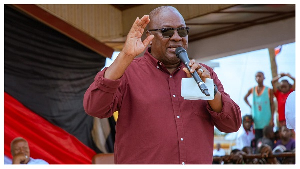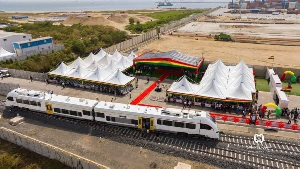Mind of the Writer Blog of Tuesday, 26 November 2024
Source: Etsey Atisu
Alan Kyerematen unveils ‘Fa Dada Begye Fofro’ policy to revolutionize transport industry
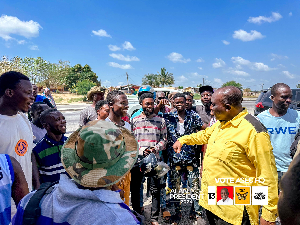
The transport industry in Ghana is poised for a groundbreaking transformation under Alan Kyerematen’s leadership, as he unveils the "Fa Dada Begye Fofro" policy. Speaking to leaders of transport unions in the Eastern Region during a recent campaign tour, the presidential hopeful outlined this innovative intervention, designed to make vehicle ownership more accessible and profitable for drivers and transport operators.
The "Fa Dada Begye Fofro" initiative, translated as "Exchange Your Old for a New One," offers an unprecedented opportunity for vehicle owners to trade in their old cars for brand-new, locally assembled vehicles on a work-and-pay basis. “Given the current high prices of vehicles, it has become nearly impossible for people in the transport sector to afford cars with upfront payments,” Alan Kyerematen remarked. “This policy ensures drivers can own vehicles without borrowing from banks, reducing their financial burden while improving the quality of vehicles on our roads.”
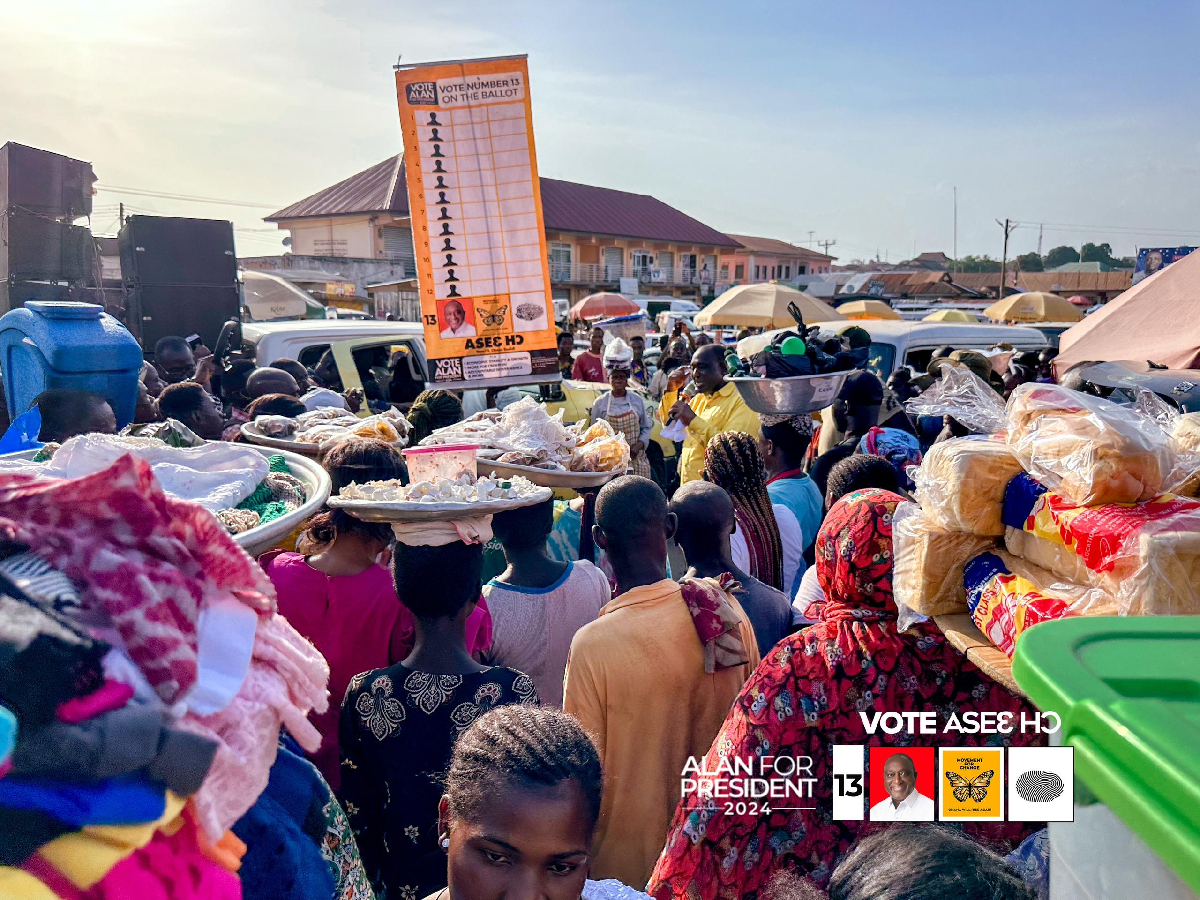
As the originator of Ghana’s vehicle assembly initiative, Alan Kyerematen is uniquely positioned to implement this program. He emphasized the role of locally assembled vehicles in boosting the domestic automobile industry. “This is about creating opportunities for every driver to own a better vehicle while supporting our local industry. The vehicles will be assembled right here in Ghana, ensuring the program drives job creation across the value chain,” he explained.
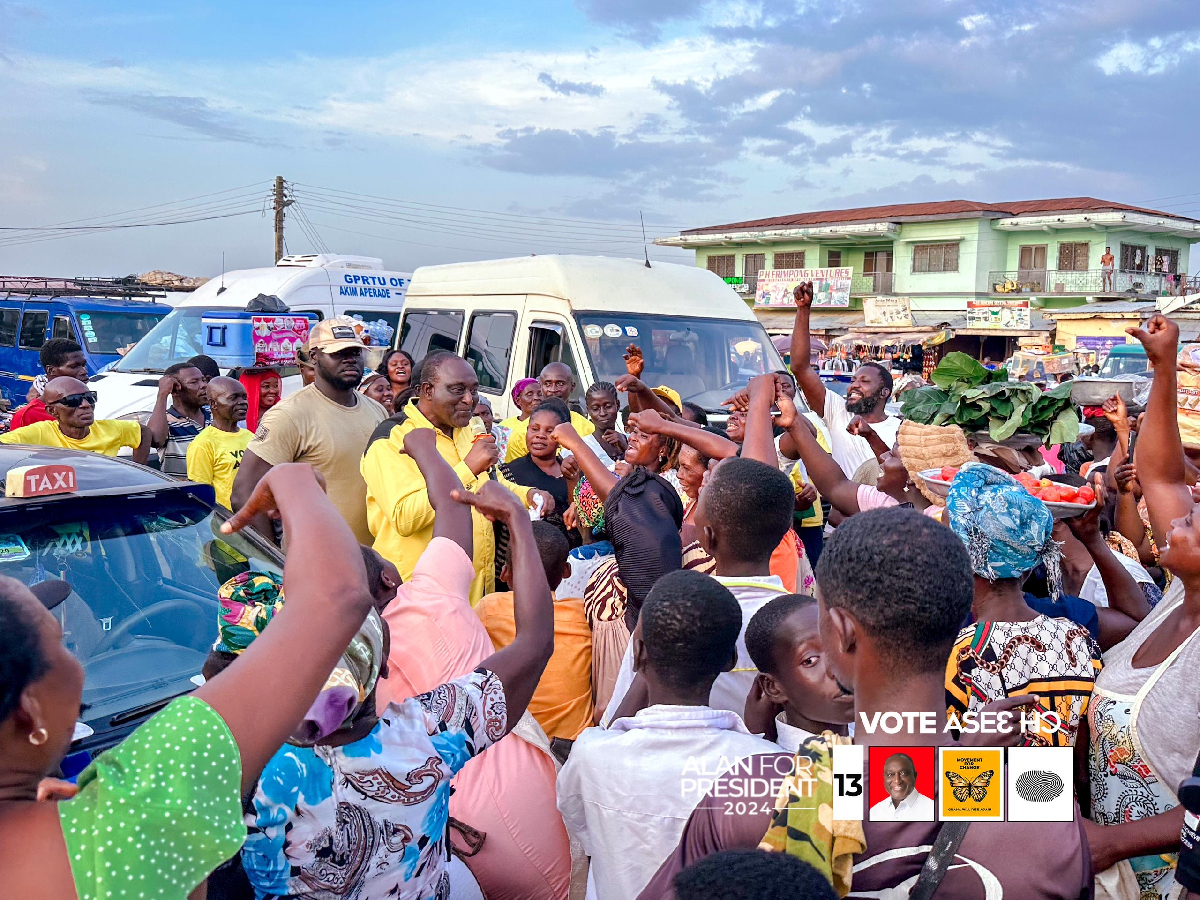
The program’s benefits extend beyond vehicle owners. Alan Kyerematen announced that in the next two years, his administration will abolish import duties on spare parts, a move expected to significantly enhance driver profitability. “Transport unions are the backbone of our economy. By removing duties on spare parts, we can reduce operating costs for drivers and mechanics, putting more money in their pockets,” he assured.
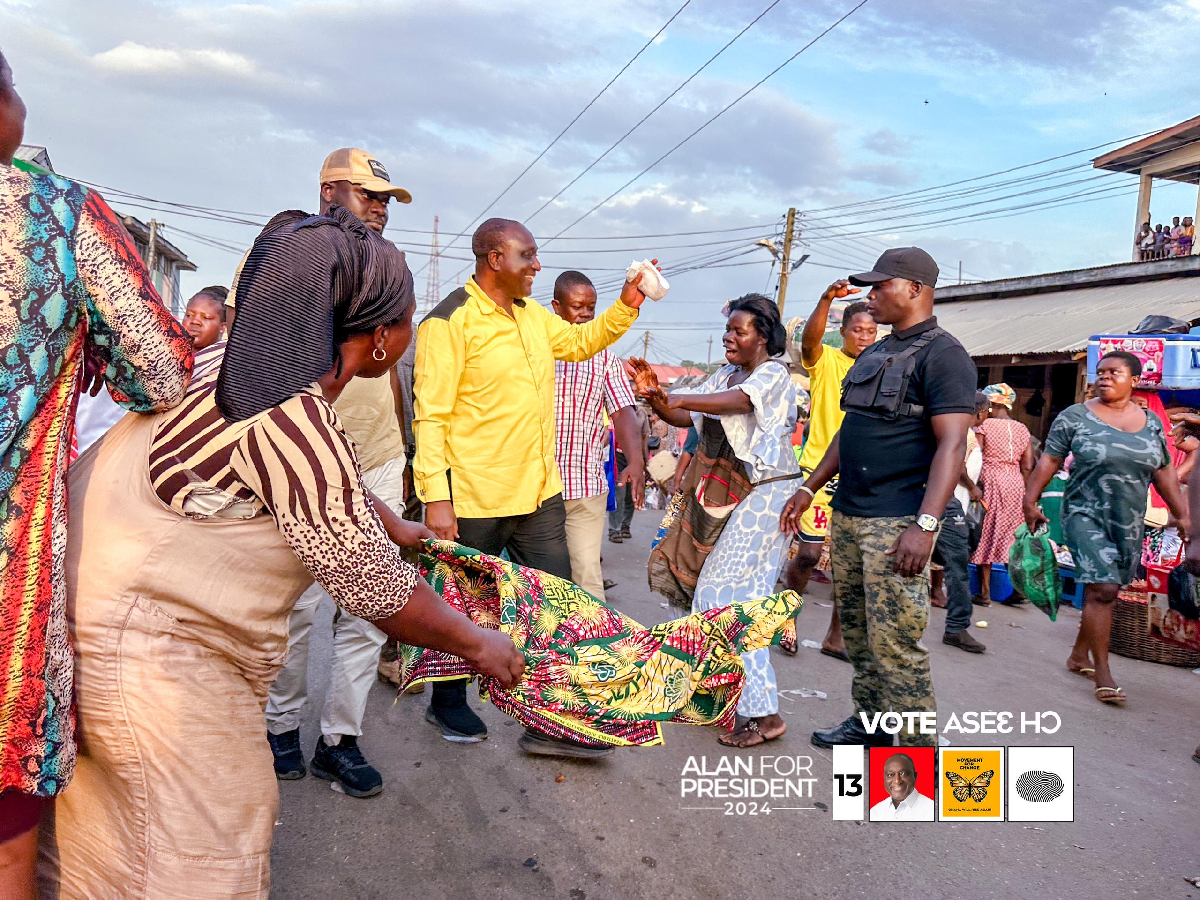
He also revealed a long-term vision to manufacture vehicle components locally, which will create jobs and stimulate economic growth. “Imagine a Ghana where the parts needed to keep your car running are produced right here. It’s not just about convenience - it’s about transforming our economy and creating thousands of jobs,” he said, drawing loud applause from the audience.
Alan Kyerematen’s transport policies also include plans to construct standardized lorry parks nationwide, each attached to major markets. According to him, this initiative aims to streamline transport operations and improve working conditions for drivers. “A well-structured lorry park system will enhance safety, organization, and profitability for everyone in the transport sector. These parks will serve as hubs for drivers and traders, making their daily operations seamless,” he explained.
Transport union leaders in the Eastern Region hailed the "Fa Dada Begye Fofro" policy as a game-changer. One union leader remarked, “This is what we’ve been waiting for—a policy that understands our struggles and offers real solutions. Alan Kyerematen’s work-and-pay program will allow drivers to dream again.” Another leader added, “The abolition of duties on spare parts and the promise of locally manufactured components will change the face of our industry for the better.”
With the "Fa Dada Begye Fofro" policy, Alan Kyerematen is reaffirming his commitment to the transport sector, a critical driver of Ghana’s economy. His innovative approach, which combines immediate relief for drivers with long-term industrial development, is winning the hearts of transport operators across the country. As one enthusiastic Union leader, Kwasi Nyarkoh, put it, “Alan Kyerematen is not just talking - he’s providing practical solutions. He’s the leader we need.”






